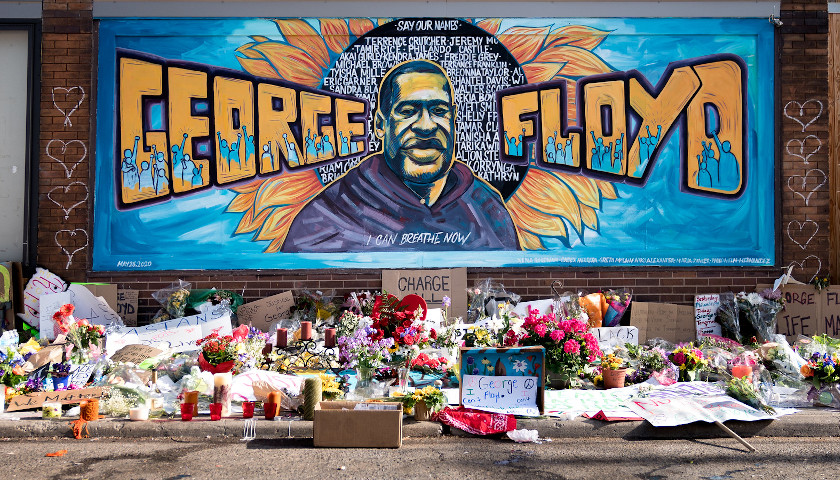Hennepin County District Court Judge Peter Cahill Wednesday morning decided to allow “spark of life” evidence on behalf of the prosecution in the highly-anticipated trial of former Minneapolis police officer Derek Chauvin, but warned prosecutors not to go too far.
“We’re all familiar with the ‘spark of life’ doctrine – that essentially, like you say, this is not just a person who we label ‘victim’ and we depersonalize him – that Mr. Floyd in this case isn’t entitled to have the jury realize that he was a human being, he was loved, he had a family,” Cahill said. “I think if it’s basically evidence that will not call for cross examination, I think that’s generally well within the bounds.”
 The “spark of life” doctrine is intended to humanize the victim during a trial, and in theory, works against Chauvin’s defense.
The “spark of life” doctrine is intended to humanize the victim during a trial, and in theory, works against Chauvin’s defense.
Cahill, though, warned prosecutor Matthew Frank that his witnesses – at least one of whom will be a Floyd family member – should not cross over into character evidence, which is only permissible in court under certain circumstances, and could lead to a defense cross-examination of the witness about Floyd’s character.
“There’s also case law that says [the ‘spark of life’ testimony] should not go on and on and become character evidence,” Cahill said. “I’m not allowing a lot of the past that would amount to character evidence, and I’m specifically concerned here about – and it may be true – that Mr. Floyd was described as a ‘gentle giant.’ As soon as you start getting into propensity for violence or propensity for peacefulness, I think then we’re getting into character evidence, and then that does open the door for the defense to cross-examine about [Floyd’s] character for peacefulness.”
A cross-examination of Floyd’s character could lead to discussions about his past drug use or violence, which, in theory, could hurt the state’s case against Chauvin.
Cahill also warned about testimony regarding Floyd’s drug use in this part of the trial, which he said should be left to medical experts who will be called as witnesses. An autopsy showed that Floyd likely died of an overdose, not strangulation, and figures to be a key part of Chauvin’s defense.
Chauvin’s attorney, Eric Nelson, agreed to these stipulations.
The motion to include “spark of life” evidence was one of many motions ruled upon Wednesday morning. In a separate motion, the judge also ruled in favor of the prosecution, saying that a witness to the alleged murder who is mixed martial arts fighter can testify about Chauvin’s chokehold, provided that he does not speculate about the cause of death, and only testifies about what he saw during the struggle between Chauvin and Floyd.
After the motions were handled, the court recessed.
The first two jurors for the trial were selected Tuesday, and two more are expected to be selected Wednesday.
The jury selection process is expected to take at least two weeks, and the official start date of the trial itself is expected to be March 29.
– – –
Pete D’Abrosca is a contributor at The Minnesota Sun and The Star News Network. Follow Pete on Twitter. Email tips to [email protected].






Too bad the “spark of life” theory doesn’t work for unborn babies. What would happen when people understand they are killing a person.